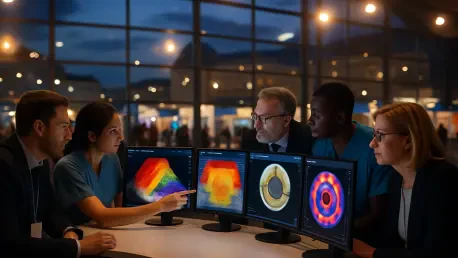
Imagine a world where the most stubborn cancers, those that defy conventional treatments, can be halted not by destroying cells but by coaxing them into a state of permanent rest. This vision is inching closer to reality with a pioneering technology that harnesses the power of machine learning to

I'm thrilled to introduce Ivan Kairatov, a renowned biopharma expert with a wealth of experience in research and development, particularly at the intersection of technology and innovation in healthcare. With a deep understanding of how cutting-edge tools like artificial intelligence are reshaping

Rising demand, tighter budgets, and complex patients have pushed cardiovascular imaging from supporting act to central protagonist, and that shift is on full display in Vienna as echo, CMR, CT, and nuclear cardiology share one stage from December 11–13. Congress organizers set a clear purpose:

Dementia’s slow drift can feel inevitable for families and clinicians, yet the difference between spotting subtle decline early and recognizing it late often spells a shift from measured planning to crisis response with consequences that ripple through lives and budgets alike. EEG stands out as a

Every sentence you hear arrives as an unbroken ribbon of sound, yet your mind carves it into words with split-second precision before the next syllable even lands, never waiting for a pause that does not exist. That everyday magic—effortless for a native tongue and baffling in an unfamiliar

The scale of diabetic eye screening would swamp any manual system left to grow unchecked, with more than four million people eligible in England and tens of millions of images flowing through a pipeline that still leans on multiple human graders per case to keep patients safe and services moving.